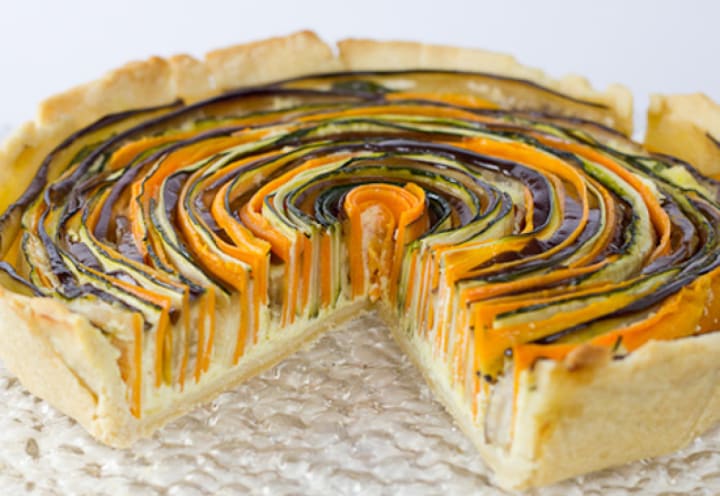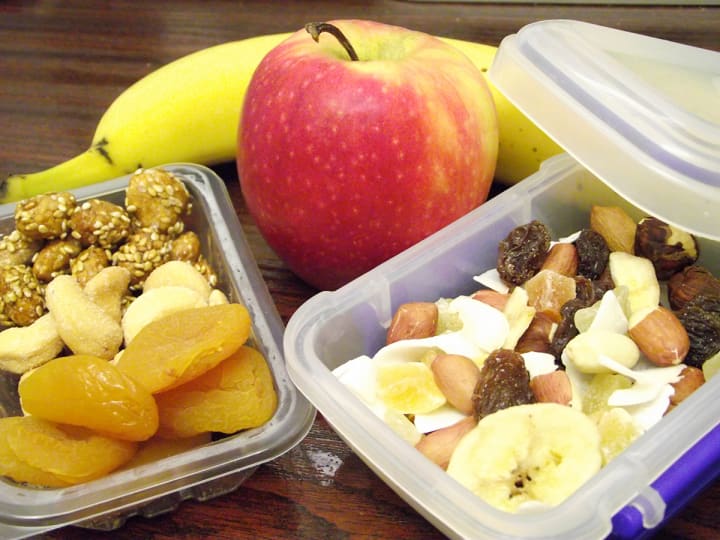Healthy Eating Habits
While everyone adapts to healthy eating habits differently, there are some key points that can be incorporated into anyone's life.
When it comes to dispensing health advice, it seems impossible to prescribe strictly one method for a group of individuals; We’re all motivated differently. For example, some people prefer weaning off of a bad habit gradually whereas others, like myself, need to cut something off cold turkey for the change to stick. However, through my own personal experience and health journey, I have found that there are some key points to keep in mind and can be easily incorporated into your life.
Limit Refined Oils and Sugars

Firstly, one should limit refined sugar consumption as much as possible. Refined sugar is primarily found in processed foods like cookies, cakes, sodas, candy bars, etc. Naturally occurring sugars in fruits are fine because fruit has so much fiber that it slows the absorption of sugars, so your blood sugar won’t spike. Also, the fiber makes you more full and less likely to consume ginormous amounts of sugar—unlike juice or candy. In order to eliminate sugar cravings, cut back on starchy foods because they break down into sugar. This includes white rice, pasta, potatoes, bread, and cereals.
Along a similar vein, refined oils are sneaky health sabotagers. Because of marketing and prolific ad campaigns, consumers are led to believe that certain oils, like extra virgin olive oil, are beneficial to your health. While this is true to an extent, oil is extremely calorie dense per measurement. Alternatively, these healthy oils can be found in their natural sources: almonds, avocado, olives, etc. Rip Esselstyn’s Engine 2 Diet promotes a plant-based, oil-free lifestyle.
Limiting Animal Protein

Also, I have found that limiting the consumption of animal protein greatly improves overall health. I became a vegan nine years ago, and I instantly had more energy and the pounds fell off. Now I’m not suggesting that everyone needs to completely eliminate meat from their diet, but reducing the amount can be very beneficial. Saturated fat is only found in animal protein (and coconut oil, but to no detriment); This kind of fat that accumulates in the arteries and causes blockages which lead to heart attacks and strokes.
Negative Net-Calorie Foods

Additionally, dieting and healthy living don’t have to be associated with abstaining from certain foods. If anything, health and wellness involves incorporating new and more nutritent-dense food than the standard American diet. I saw a real shift in my personal overall health, especially weight loss, when I began to incorporate more negative net-calorie foods. What does this mean exactly?
Certain fruits and vegetables are so water and fiber-dense that the caloric expenditure to digest them negates the amount of calories consumed. This is not to say that eating these foods should not be logged into the daily caloric intake, but they will help you feel more full and stoke the body’s metabolism. Such produce includes apples, broccoli, cabbage, cauliflower, celery, grapefruit, lettuce, and spinach. If the idea of steamed leafy greens doesn’t sound super appetizing just yet, you can incorporate more vegetables by sneaking them into other foods such as soups and smoothies.
Stay Hydrated

Next, not to sound like a broken record amongst the cacophony of nutritional tips, but I cannot stress the importance of staying hydrated. Water curbs hunger, flushes out fat, and balances out sodium consumption; If none of that is motivation enough, it will make your skin glow! So I suggest drinking at least three liters of water per day. If you are extremely active, a gallon of water is the goal.
Preparedness is Key

Furthermore, a healthy lifestyle requires planning and preparedness. We all live busy lives, and we are constantly on the go; Because of this, convenience store snacks and fast food become the only options for between meals or outside of work/home. Instead of limiting yourself to these convenience items, you should pack snacks or prepare meals ahead of time. Personally, I like to carry around dry roasted edamame (i.e. soy beans); other options include nuts and fruit. More so, having snacks on hand will keep blood sugar levels stable between meals versus growing incredibly hungry and inevitably binging once food becomes available.
A part of planning and preparedness involves reading and understanding nutrition labels. In an era of processed foods and “health halo” marketing, we can be misled to believe certain items are good for us when, in fact, they are not. For example, foods marketed as “low fat” are likely very high in sugar; gluten-free doesn’t automatically mean low calorie or healthy. Also, you should recognize that the numbers on the label are not per package but represent the amount per serving.
You do not need to completely overhaul your life and become a raw vegan in order to be healthy. I think people are slow to change their habits and shift to a healthier lifestyle because they believe they will have to be 100 percent perfect all the time. Simply incorporating a couple positive habits into your lifestyle can make a world of difference. Eventually you won’t miss the bad stuff and become addicted to the increased feelings of wellness.
About the Creator
Alissa Bourne
Model/actress Manhattanite by-way of Maryland. Insatiable curiosity has led her to take interest in all things athletic, literary, culinary, and existentially.





Comments
There are no comments for this story
Be the first to respond and start the conversation.